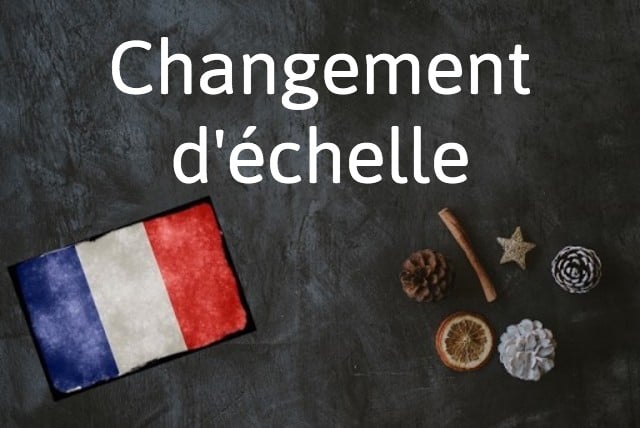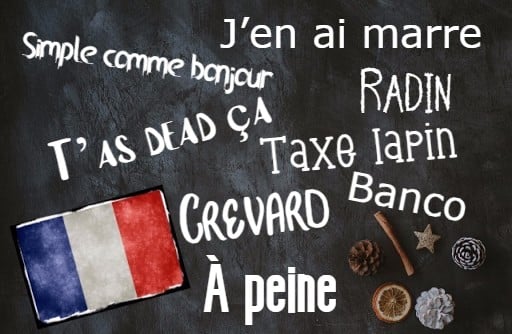Why do I need to know changement d’échelle?
Because it’s a common expression that doesn’t actually involve real ladders.
What does it mean?
Un changement is French for ‘change’ – un changement and une échelle means ‘a ladder’ or ‘a scale’.
Changement d’échelle is inspired by the English expression ‘scale up’, and can be loosely translated as ‘changing strategies’, ‘changing approach’, ‘restructuring’ or ‘transform’.
It all depends on the context, but generally it means moving from one thing to something ‘better’. Businesses use it often to talk about big shifts, but you can also use it about speeding up a process.
French Prime Minister Jean Castex promised “un changement d’échelle” of the vaccination programme with the arrival of mass-vaccination centres in early April.
Here, le changement d’échelle was a metaphor for moving up one level in the vaccination programme, injecting many more doses of the Covid vaccine each day.
However a changement d’échelle doesn’t necessarily involve going faster, it can also be a change of approach to life, such as moving towards a sustainable diet.
You can talk about faire un changement d’échelle – to make a change of scale – or changer d’échelle – to change the scale.
A similar expression is changer de cap, which means ‘to change course’.
Use it like this
Il faut très vite changer d’échelle pour la campagne vaccinale si on veut sortir du confinement ce printemps. – We have to change the pace of the vaccination campaign if we want to exit lockdown this spring.
Notre stratégie est d’accélérer le changement d’échelle des circuits courts. – Our strategy is to accelerate the shift towards short food supply chains.
Le changement d’échelle commence a porter des fruits. – The change of pace has begun to bear fruit.



 Please whitelist us to continue reading.
Please whitelist us to continue reading.
Member comments